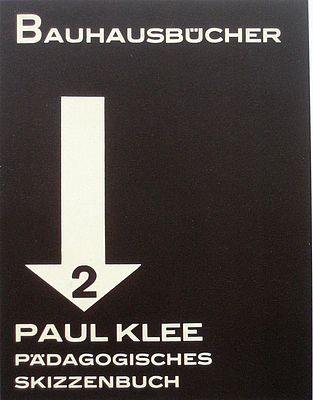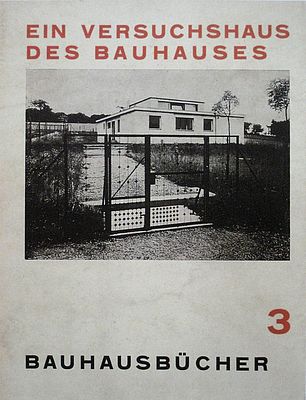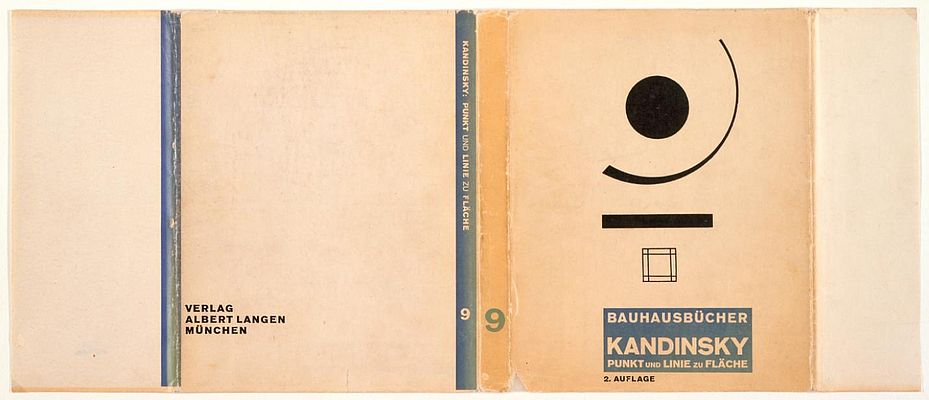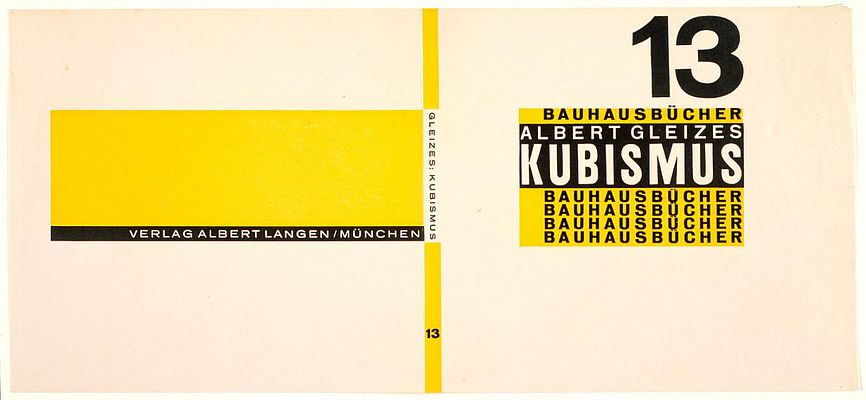Bauhaus Books
Walter Gropius, Farkas Molnár, László Moholy-Nagy, Paul Klee, Adolf Meyer, Herbert Bayer, 1925–28
In the fall of 1923, Walter Gropius and László Moholy-Nagy started planning the Bauhaus books. This series of books was designed to examine the diverse design areas of modern life and the modern world.
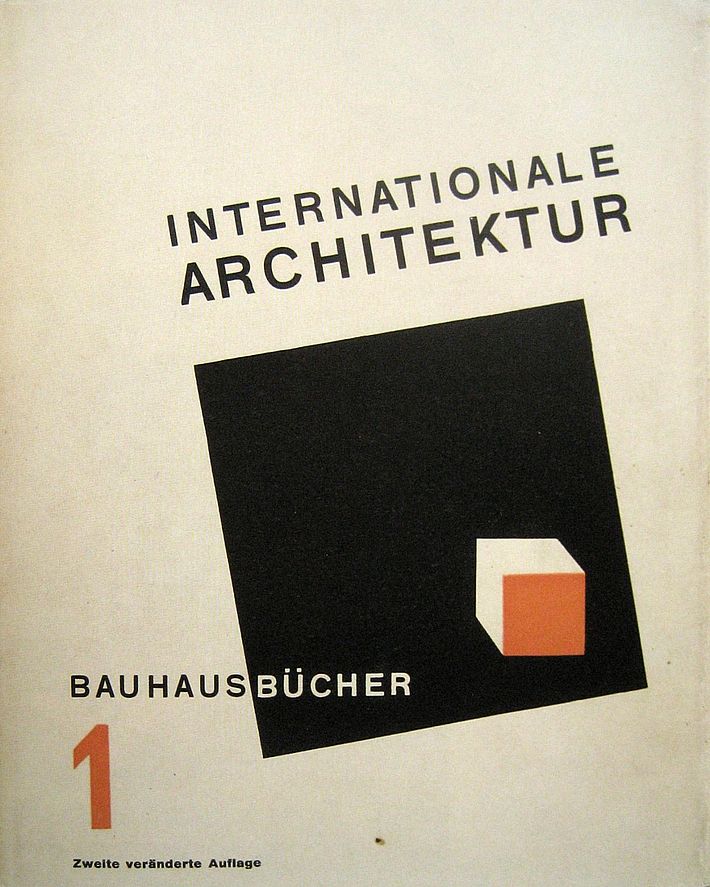
Bauhausbücher − Band 1. Internationale Architektur, Autor: Walter Gropius / Umschlaggestaltung: Farkas Molnár / Typografie: László Moholy-Nagy, 1925.
[Translate to English:] Text
From 1925 to 1930, Gropius and Moholy-Nagy were responsible for the publication of 14 Bauhaus books. Supported in the practical aspects of publishing by Lucia Moholy, the aim of the project was to depict the challenges and accomplishments of the Bauhaus. In addition, monographic texts by both German and international authors were to awaken an understanding for the diverse currents of the avant-garde movement.
- Bauhausbücher 1: Walter Gropius „Internationale Architektur“, 1925.
- Bauhausbücher 2: Paul Klee „Pädagogisches Skizzenbuch“, 1925.
- Bauhausbücher 3: Adolf Meyer „Ein Versuchshaus des Bauhauses in Weimar“, 1925.
- Bauhausbücher 4: Oskar Schlemmer „Die Bühne im Bauhaus“, 1925.
- Bauhausbücher 5: Piet Mondrian „Neue Gestaltung. Neoplastizismus. Nieuwe Beelding“, 1925.
- Bauhausbücher 6: Theo van Doesburg „Grundbegriffe der neuen gestaltenden Kunst“, 1925.
- Bauhausbücher 7: Walter Gropius „Neue Arbeiten der Bauhauswerkstätten“, 1925.
- Bauhausbücher 8: Lazlo Moholy-Nagy „Malerei Photographie Film“, 1925.
- Bauhausbücher 9: Wassily Kandinsky „Punkt und Linie zur Fläche. Beitrag zur Analyse der malerischen Elemente“, 1926.
- Bauhausbücher 10: Jacobus Johannes Pieter Oud „Holländische Architektur“,1926.
- Bauhausbücher 11: Kasimir Malewitsch „Die gegenstandslose Welt“, 1927.
- Bauhausbücher 12: Walter Gropius „Bauhausbauten Dessau“, 1930.
- Bauhausbücher 13: Albert Gleizes „Kubismus“, 1928.
- Bauhausbücher 14: Laszlo Moholy-Nagy „Von Material zu Architektur“, 1929.
